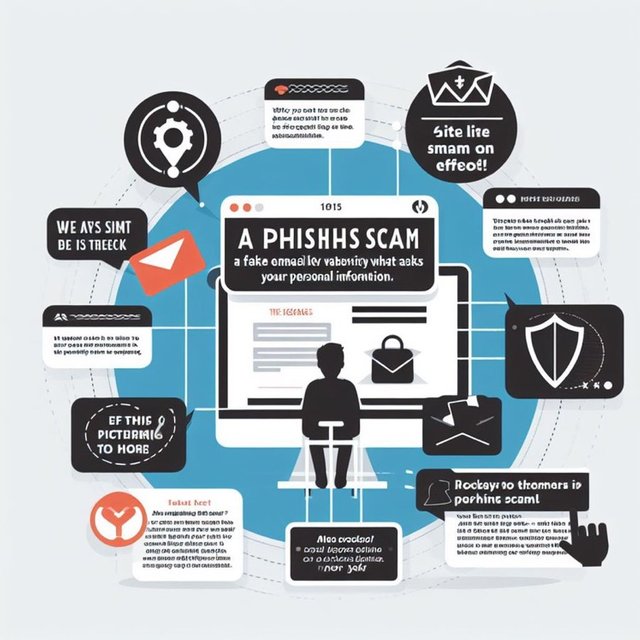
Phishing scams are attempts to trick you into giving away your personal or financial information online.
They can come in the form of emails, texts, phone calls, or fake websites. Here are some tips to spot and avoid them:
• Don’t click on links or attachments from unknown or suspicious sources. They may lead you to malicious sites or download malware on your device.
• Check the sender’s address and the website’s URL carefully. Look for misspellings, extra characters, or unusual domains. For example, [email protected] is different from [email protected] or [email protected].
• Don’t share your passwords, PINs, account numbers, or other sensitive information with anyone online. Legitimate companies will never ask you for these details via email or text.
• If you receive a message that claims to be from a trusted organization, such as your bank or a government agency, and asks you to take urgent action, don’t panic. Contact the organization directly using a verified phone number or website to confirm the authenticity of the message.
• Use a reliable antivirus software and update it regularly. This can help protect your device from phishing attacks and other online threats.
Stay safe and smart online! Follow us for more information on how to prevent phishing scams.